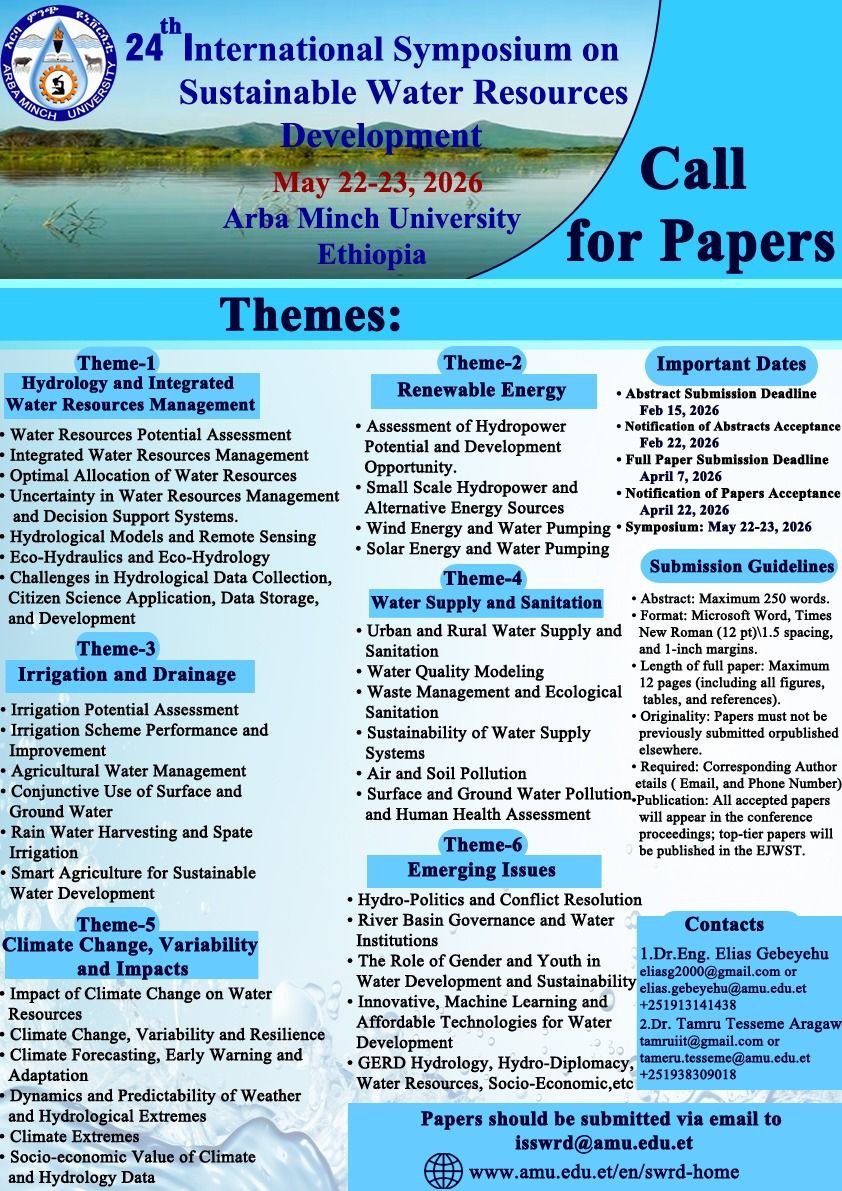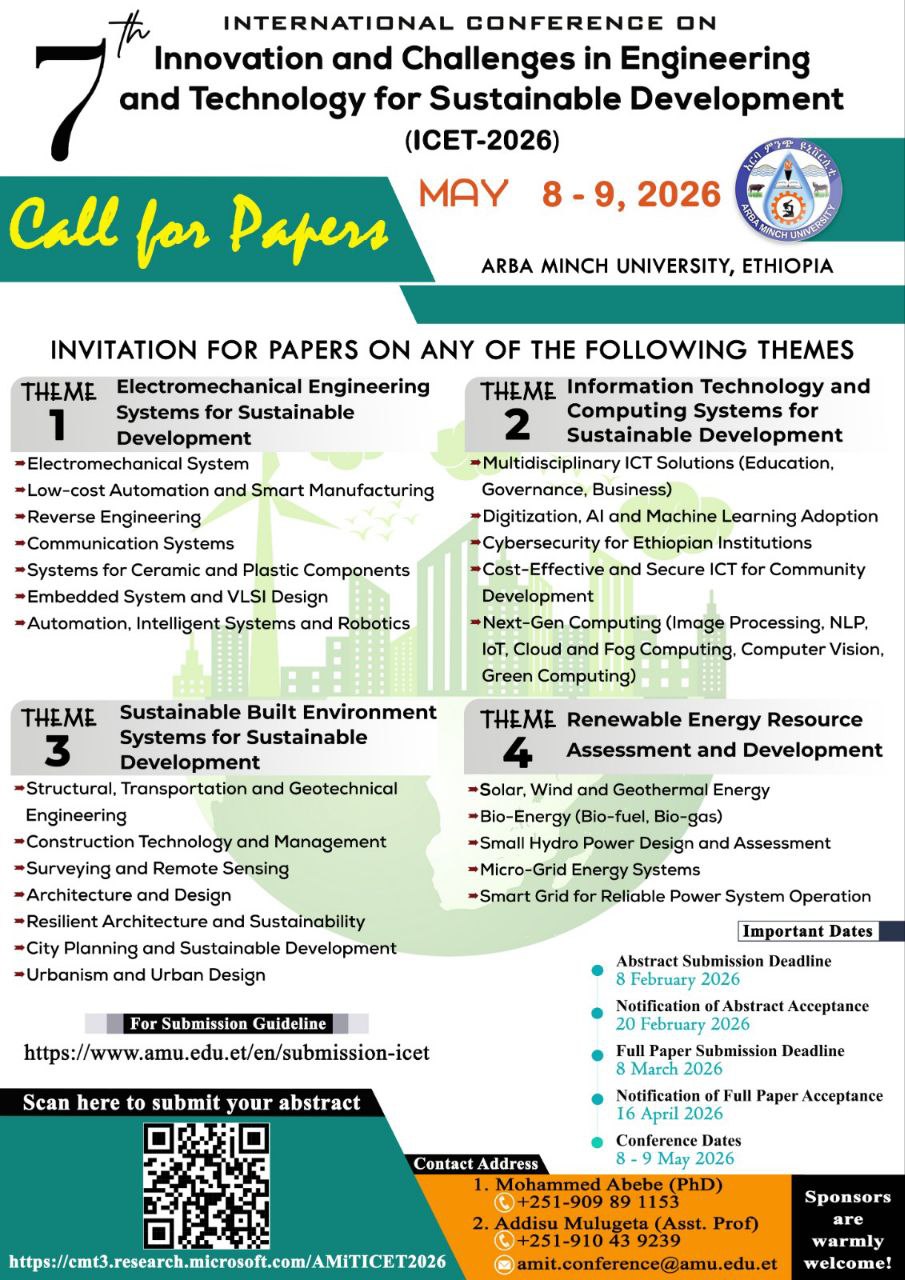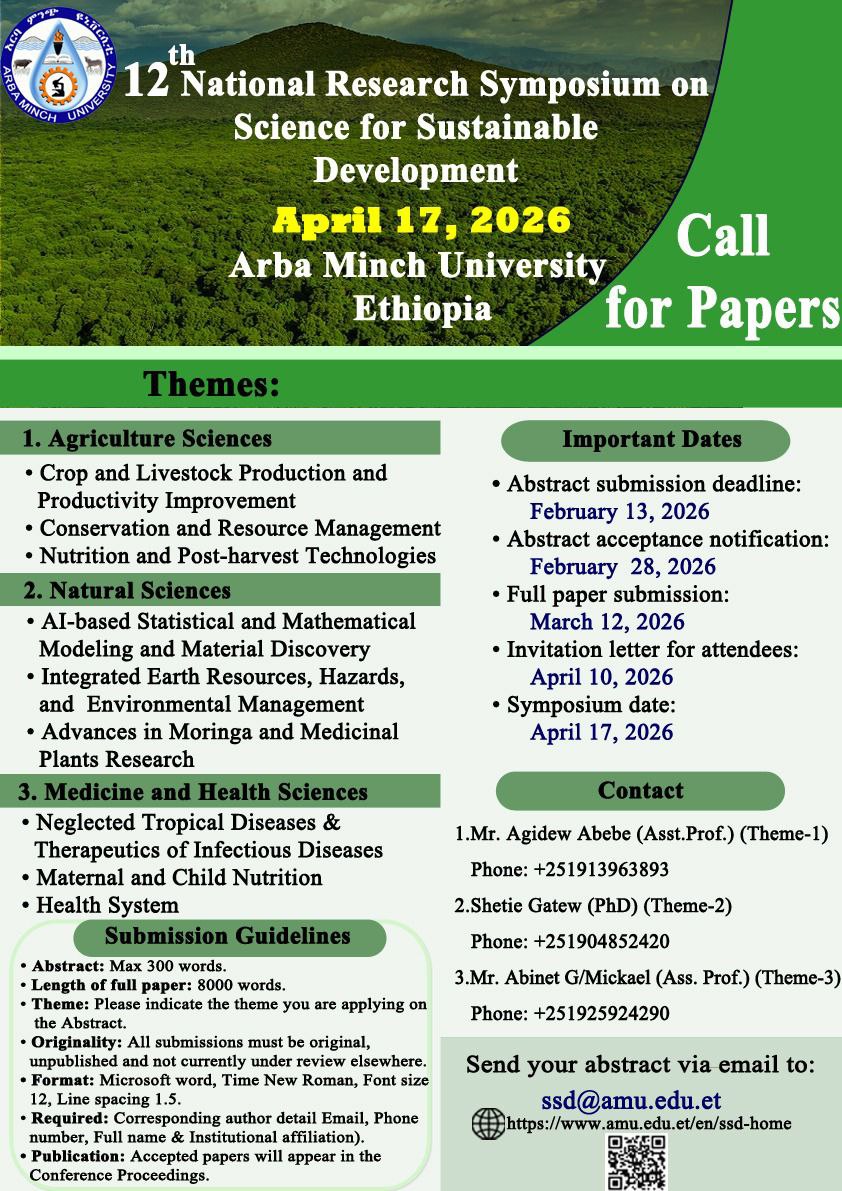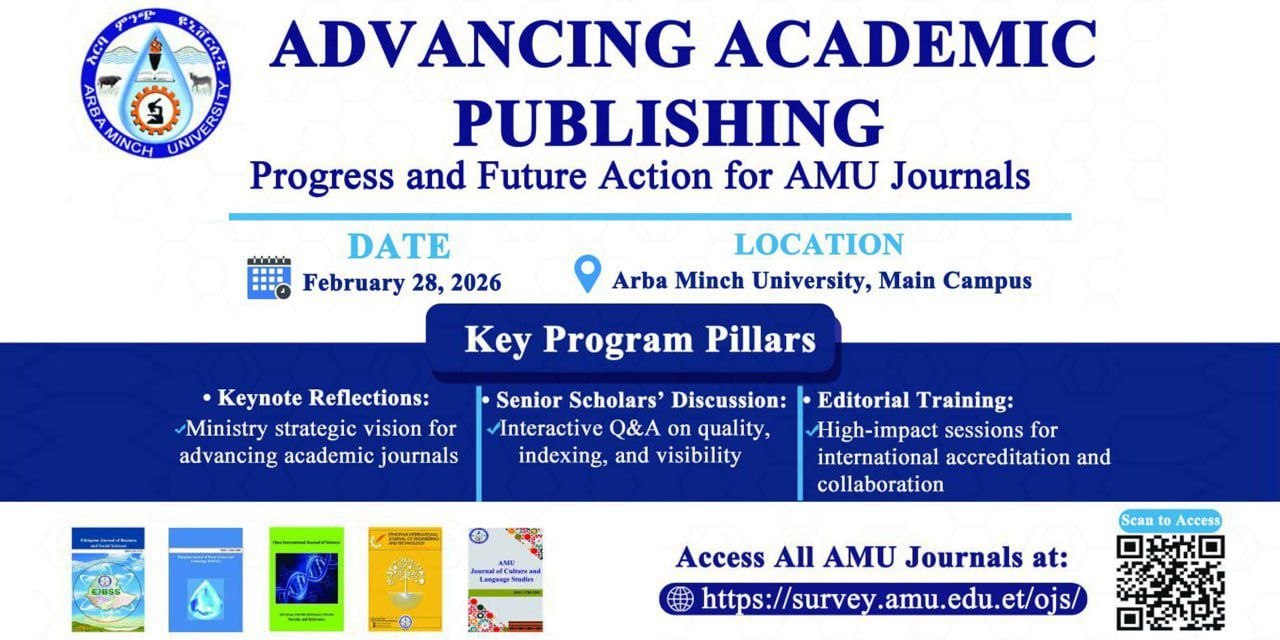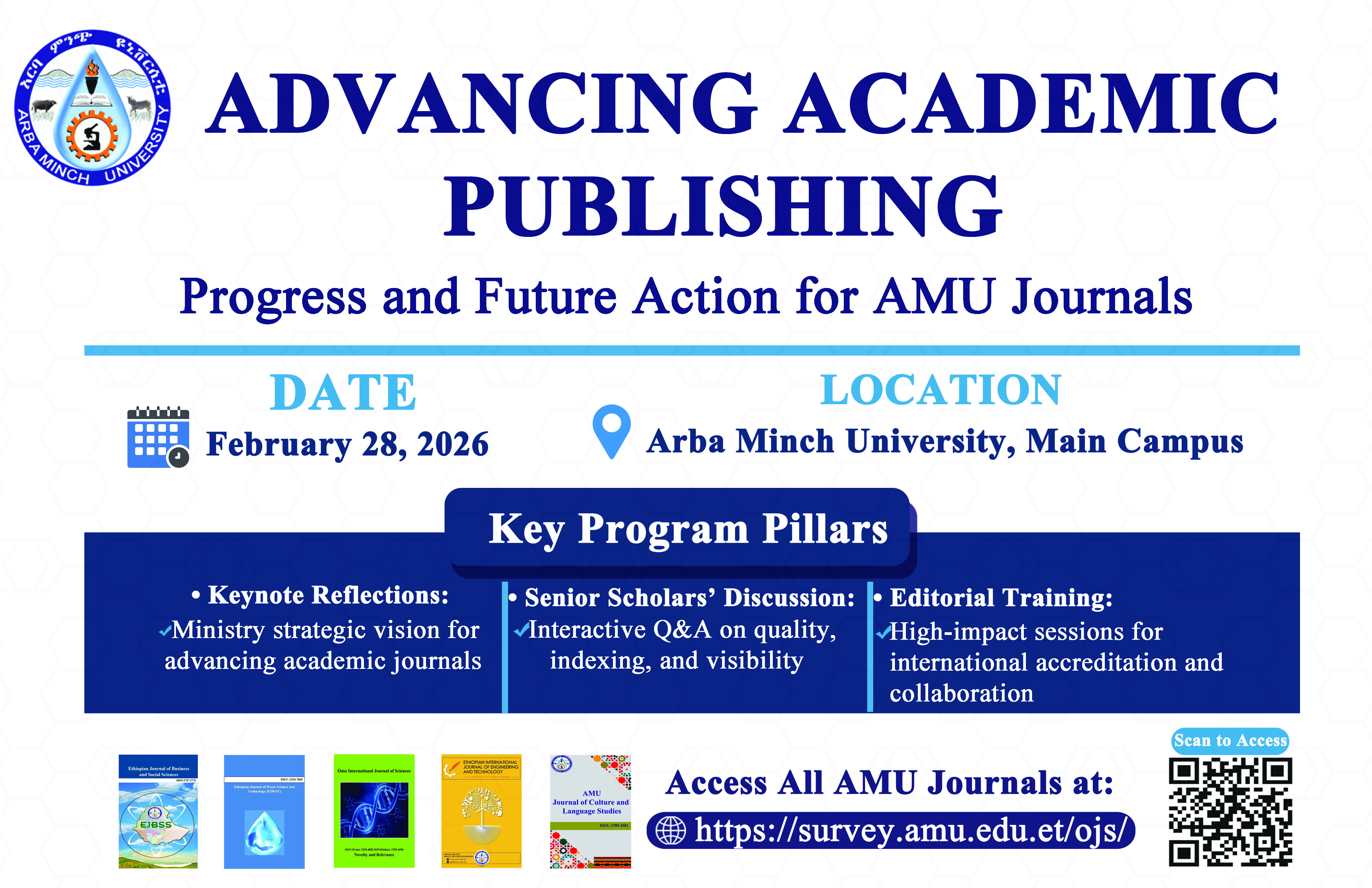Weather & climate: Engaging youth, the theme of ‘World Meteorology Day’ celebration at Abaya Campus on 24th March, 2014, was rightly apt. As youth’s all pervading joie exuberance imbued everyone present with zing and chutzpah that sent the message loud and clear: If youth decide, they can move the mountain!
Arba Minch University President, Dr Feleke Woldeyes, addressing the gathering at the program organized by the Department of Meteorology & Hydrology, College of Natural Sciences, said, ‘‘The globe is confronted with different climatic changes that are becoming increasingly severe since last 8000 years; particularly changes in the recent century have been dramatic. So unless we do something to rectify the situation, we will be in a dangerous situation.’’
Elaborating further he said, ‘‘Some of the European and Asian big cities are situated almost at the sea level so rising of sea level by a meter or two will have disastrous impact. Similarly Ethiopia, which is situated few thousand meters above the sea level, got its rainfall pattern unpredictable followed by frequent droughts; we are witnessing newer diseases in the areas where we never experienced.’’
We need to control this situation, globally there is a movement, and engaging youth will usher in positive impact therefore we have to think locally and act globally. Recently we had talks with the National Meteorological Agency and soon we will launch a joint program. The moment our staff profiles would be ready, we can start doctoral studies in Meteorology in collaboration with foreign country,’’ he revealed.
The written message of World Meteorology Organization (WMO) Secretary General, Michael Jarraud, read out by Meteorology and Hydrology department head, Mr Assefa Derbew says, ‘‘As the next generation prepares for the changing weather and climate, young people can play an active role in monitoring, understanding and responding to the weather and climate of today and tomorrow.
They have the capacity to promote climate awareness, mitigation and adaptation, but in order to unleash youth’s potential for addressing climate change, we need to be able to involve them in formulation and implementation of the policies that affect them today and will concern them tomorrow.’’
Faculty member Mr Defaru Debebe has presented a well-researched study on ‘Land use patterns and its implication for climate change: The case of Gamo Gofa, southern Ethiopia.
The scintillating cultural show by Meteorology and Hydrology students left everyone mesmerized. Draped in traditional costume, presenting vigorous dance moves, they feature true cultural ethos and splendor of Tigray, Oromia regions, Konso woreda and Guraghe zone. In on-the-spot quiz show, two groups of students tried to answer queries related to climate change.
At the end, Dr Feleke acknowledged the program sponsors i.e. Ethiopian Insurance Corporation and Arba Minch Tourist Hotel and others for their support.
In his closing remark, College Dean Dr Alemayehu Hailemichael, said, ‘‘AMU is playing a greater role in sustaining ecosystem; we have environmental club and other clubs owned by different departments contributing positively in maintaining sustainable eco-friendly environment. Especially gorge stabilization, plantation and aforestation programs are the steps in that direction. He attributed the success of the program to the students.
The Technical Assistant, Mr Yared Godine, has put Coriolis Force Demonstrator’s replica on display. Explaining its function, Associate Professor, Dr Aniruddha Bhowmick, said, ‘‘It’s a model that shows how Coriolis Force is different in Southern and Northern hemispheres and how water current and wind moves; if accepted it can be usefully cost-effective.’’
At the end, Dr Feleke led the entire gathering in planting over 300 saplings across the campus. Mr Assefa Derbew conducted the program.
By Philips Joseph


